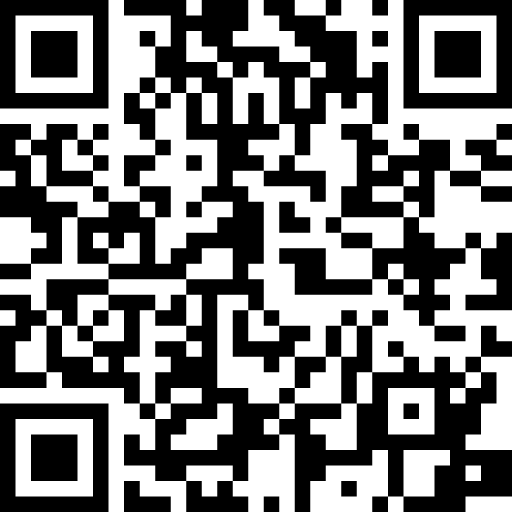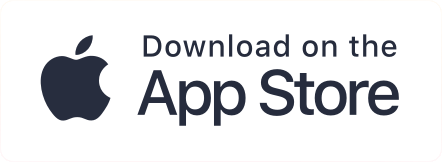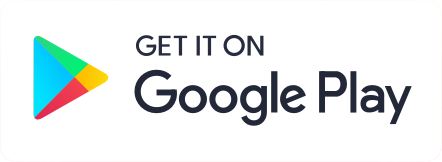What is Ontology?
Ontology (ONT) is a proof-of-stake blockchain network that provides distributed trust infrastructures for a multitude of industries and business scenarios.
Ontology’s goal is to allow businesses that aren’t necessarily blockchain savvy to develop and implement blockchain solutions into their business models to reap the benefits of a decentralized trust system. The network specializes in trust, identity, data exchange, and authorization solutions.
The Ontology network consists of a number of distributed services, including but not limited to data exchange, data collaboration, and digital identity. All in all, Ontology’s distributed suite of services form a peer-to-peer trust network that is adaptable to many different business models, applications, and devices to allow for cross compatibility.
How Ontology works
With a variety of distributed ledgers, smart contracts, security protocols, and software developer kits at its foundation, Ontology provides all the tools necessary for a multitude of business operations and services to be decentralized and interoperable.
Currently, there are several barriers to entry for businesses when it comes to establishing trust; data is typically fragmented, processes usually take place within a black box that the public does not have access to, and data security is a problem that big companies are all too familiar with.
Fortunately, a blockchain can resolve some of these issues, but since there are many different industries, devices, applications, and business models that exist, it can be difficult to use just one public chain to encompass all of the unique needs each business has.
Most processes that occur within businesses, devices, and applications require interaction with other systems to complete their goals and functions. To consolidate these operations, and allow businesses to establish trust among one another, Ontology has developed the Ontology Chain Group — a hyper-converged collection of distributed ledgers — to form the overall structure of a trust network. Each unique service chain in the Ontology chain group acts as a business’s personal blockchain network that is fully customizable to meet the companies unique needs.
The collection of these separate chains is called the Ontology Distributed Ledger and provides basic services such as entity authentication, data exchange protocols, and identity management to facilitate business goals and collaborations with other businesses (unique chains).
Tokenomics: the ONT and ONG tokens
Ontology has a unique dual token economy that consists of the ONT staking token and the ONG utility token. ONG can be thought of as gas on the Ethereum network; ONG is used to pay for token transactions, network storage, and the deployment and execution of smart contracts.
On the other hand, ONT is the networks staking token for its proof-of-stake consensus system Triones. Individuals who wish to stake ONT must set up a node on the Ontology network. In return for staking their ONT, stakers receive a percentage of network, storage, and smart contract deployment and execution fees. ONT holders are also able to vote on major proposals for the Ontology network.
A total of 1,000,000 ONT will ever exist, and all were mined in the genesis block. The same goes for ONG, only 1,000,000 will ever exist, and the circulating supply will slowly reach that cap 22 years with 16% being generated in the first year, 52% within the first four years, and 80% within the first 12 years.
About ontology
Ontology was created by Onchain, the same company that created the NEO blockchain. Onchain designs and develops blockchain solutions for businesses with a goal to catalyze the adoption of blockchain technologies by businesses.
Ontology was built on the NEO blockchain before it’s mainnet went live on June 30, 2018. And unlike most blockchain networks, Ontology did not have an ICO; instead, they held an airdrop; for every NEO that an individual owned, .2 ONT was airdropped into their wallet.
Because Ontology and Neo both fall under the Onchain umbrella, there is a bit a partnership — or in their own words “a Memorandum of Understanding” — between Ontology and NEO. Under the Memorandum of Understanding, there are three key areas of collaboration between the two companies.
Smart Contracts: Ontology and NEO will work together to build a smart contract ecosystem and will collaborate on developing smart contract open standards.
Data Integration: Ontology and NEO will provide standardized technology interfaces (APIs, SDKs, etc.), as well as share and communicate development achievements and research results.
Cross-chain: Both parties will conduct cross-chain research, with the eventual goal of producing integrable main nets.
Why Ontology?
Ontology’s robust protocols allow for it to be used across businesses, devices, systems, and industries for maximum compatibility, data exchange, and trust; this allows companies to reap the benefits of a decentralized system and cryptographic security, without the need to have a blockchain expert on their team.
Identification, trust, and consensus are taken care of by Ontology’s suite within the distributed ledger in order to complete these goals and provide a technological framework that businesses can leverage to become decentralized. This framework provides a range of distributed services that a business can implement to promote a higher level of performance, security, and trust, for a myriad of their needs.


